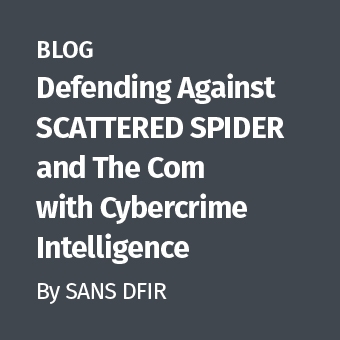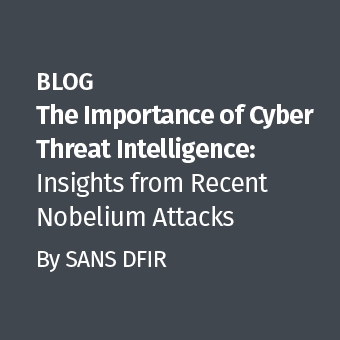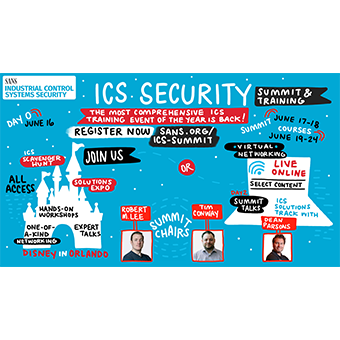Press Release:
As a result of an alarming trend developing in several states regarding legislation of license digital forensic specialists as private investigators without regard to digital forensics qualifications, an informal working group comprised of digital forensic professionals has formedTo date, members from this group developed materials to educate regulators, g presentations to regulatory entities in several states, were instrumental in the passage of appropriate licensing statutes within their own states, and worked with the American Bar Association to pass Resolution 301, advising against regulating digital forensics professionals under private investigator statutes.
Group participants concluded that the digital forensics profession is in need of an overseeing body to develop standards and competencies and to demonstrate to state regulating authorities that our profession is capable of self-regulation. The Council of Digital Forensic Specialists (CDFS), comprised of board members from 14 professional digital forensics organizations, was established in May 2008 for the purpose of addressing these issues and seeking appropriate and effective solutions and consensus across the digital forensics community.
At a recent national digital forensics conference, members of CDFS met in order to further define its goals and mission. Attendees included members from:
- Champlain College Center for Digital Investigation (C3DI)
- Computer Technology Investigators Network (CTIN)
- High Tech Crime Consortium (HTCC)
- International Society of Forensic Computer Examiners (ISFCE)
- Roger Williams University Center for Forensics, Advanced Networking, and Security, (FANS)
- SANS Institute (SANS)
- Wisconsin Association of Computer Crime Investigators (West) (WACCI)
The mission of CDFS is to promote the interests and protect the integrity of the digital forensic industry through standardization and self-regulation. To that end, the attendees proposed the following goals.
- Unite digital forensic specialists and industry leading organizations.
- Develop and compile an essential body of knowledge from existing resources, to provide guidance and direction to educational and certification programs
- Identify minimal qualifications, standards of practice, competencies, and background requirements
- Create a model code of professional conduct
- Represent the profession to federal and state regulators and other bodies
The support of the membership of digital forensic professional organizations is critical to this effort. An important characteristic of CDFS is that it is designed to be inclusive of all digital forensic specialists and the organizations to which they belong. Uniform standards to which all organizations subscribe will strengthen the entire profession against inappropriate regulation.
//SIGNED//
Gary Kessler, Champlain College Center for Digital Investigation
Brett Shavers, Computer Technology Investigators Network
Toby Finnie, High Tech Crime Consortium
Joleyn Smithing, International Society of Forensic Computer Examiners
Doug White, Roger Williams University Center for Forensics, Adv. Networking, and Security
Rob Lee, SANS Institute
Cindy Murphy, Wisconsin Association of Computer Crime Investigators




